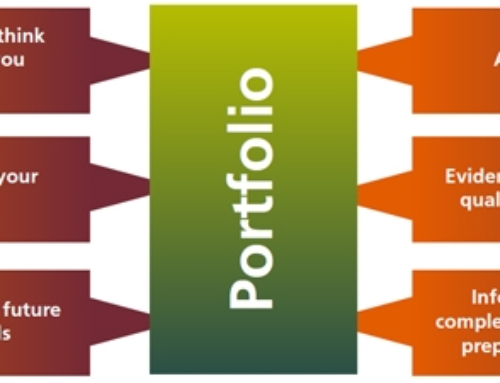The work that a market researcher does helps to inform political, social and economic decisions made by many organisations and businesses. Their primary aim is to collect and analyse data and information thatis valuable to their clients.
Some market researchers are employed directly by a company (known as client-side) and work to collect information for them on customer opinions, investment and marketing decisions. The majority, however, are employed by marketing agencies that range in size, where they work on numerous projects for different companies and industries.
Market researchers tend to specialise in either quantitative or qualitative research. Quantitative research involves working with statistics and percentages and can deliver quick results. Qualitative research involves analysing opinions and can provide the reasons behind certain percentages. Qualitative research is a longer process, sometimes lasting years.
Market researcher typical work activities
The exact type of work carried out by market researchers varies according to the employer (whether they work client-side or for an agency), the industry in which the client is based and the type of research being carried out.
Typically, however, work activities can include:
- meeting with clients to negotiate and agree research projects;
- liaising with clients via face to face meetings, email and the telephone;
- researching a topic;
- preparing briefs and commissioning research;
- formulating a plan/proposal and presenting it to the client or senior management;
- writing and managing the distribution of surveys and questionnaires;
- briefing interviewers and researchers;
- liaising with and managing survey staff;
- moderating focus groups;
- undertaking ethnographic research (observing people in their homes and other environments);
- conducting qualitative or quantitative surveys, which may involve field, interview or focus group assessments;
- using statistical software to manage and organise information;
- monitoring the progress of research projects;
- analysing and interpreting data to identify patterns and solutions, including surveys and focus group transcripts;
- writing detailed reports and presenting results;
- advising clients/senior management on how to best use research findings;
- managing budgets.






